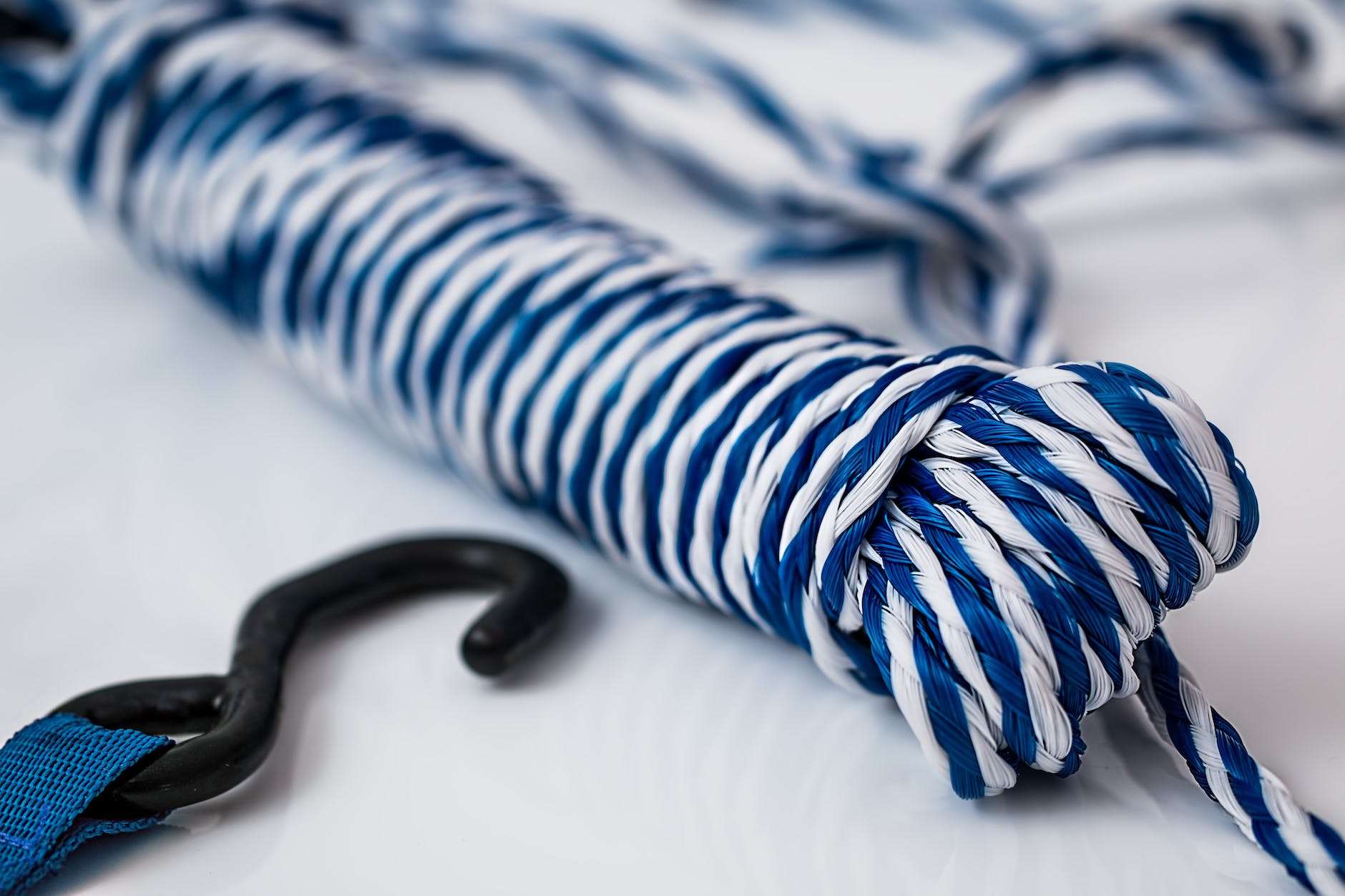In some relationships, one partner may exhibit controlling behavior that can have a detrimental impact on the dynamic and the well-being of both people involved. Understanding what causes a person to become overly controlling can help shed light on this unhealthy behavior and potentially facilitate paths towards change and growth.
What Makes a Person Overly Controlling?
One of the most common factors that leads to controlling behavior is deep-seated insecurity and low self-esteem.
Controlling people may use domination and control as a means to feel more secure and validated.
Their sense of self-worth may be reliant on having control over their partner’s actions and choices, as it provides them with a false sense of power and validation.
By manipulating their partner’s behavior, they hope to alleviate their own anxieties and maintain a sense of security.
Find Resources to Deal with A Controlling SpouseOther Common Causes of Controlling Behaviors
Some of the other most common causes of controlling behaviors include:
- People who have a fear of abandonment may resort to controlling behavior. Their fear drives them to tightly control their partner’s actions and interactions, hoping to prevent them from leaving.
- Some people have an inherent need for power and control in all aspects of their lives. They view relationships as opportunities to exert dominance and enforce their will. This need for power and control often stems from deep-rooted personality traits or a desire to compensate for feelings of inadequacy.
- People who are controlling may have a low tolerance for uncertainty. They may crave predictability and security, leading them to tightly manage their partner’s actions and decisions.
- Controlling behavior can also be a learned behavior, often the result of growing up in an environment where control and manipulation were prevalent. If people witnessed controlling patterns in their parents, they may adopt similar behaviors. These experiences shape their understanding of what constitutes a “normal” relationship and can perpetuate controlling tendencies. Learned behavior can be deeply ingrained and challenging to unlearn without conscious effort and intervention.
- People who lack trust in their partner may resort to controlling tactics as a means of ensuring their loyalty and commitment. They may constantly monitor their partner’s activities, invade their privacy, and question their every move. This behavior stems from a fear of betrayal and a need to protect themselves from potential harm. It is not necessarily rooted in any legitimate betrayal or action of the spouse or partner.
Less Common Drivers of Controlling Behavior
In some cases, people with specific personality disorders, such as narcissistic personality disorder or obsessive-compulsive personality disorder, may display controlling tendencies.
Get Your Narcissist Abuse Recovery WorkbookThese disorders can influence the way they perceive and interact with others, leading to controlling behavior as a means of maintaining power and dominance.
Past traumatic experiences, such as emotional or physical abuse, can also contribute to controlling behavior.
Find Resources to Help You Recover from TraumaThose who have experienced trauma may develop controlling behaviors as a way to protect themselves from further harm.
Or as a response to feeling helpless or out of control.
Their need for control is a defense mechanism to potentially prevent future trauma from occurring.
To mitigate these fears, they resort to controlling their partner’s actions and choices, creating a false sense of security.
What Makes a Person Overly Controlling?
The causes listed above offer insights into some of what makes a person overly controlling. However, it’s important to note that each person is unique. And factors contributing to controlling behavior may vary. That’s why it is essential to approach each situation with empathy.
Understanding the underlying reasons behind controlling behavior is key for fostering healthier dynamics.
By recognizing and addressing underlying issues, partners may be able to work towards developing relationships built on trust, respect, and open communication.
Fostering a healthy relationship means supporting each other as individuals, respecting boundaries, and cultivating trust.
It’s essential to promote equality and open dialogue to ensure a relationship is based on mutual love and understanding rather than control and dominance.
If you believe you’re in a troubled relationship, please also read: How to Escape a Controlling Spouse Before It’s Too Late.
Thank you as always for reading.
If you haven’t yet subscribed, please visit KindCompassCoach and enter your email address so you never miss a post.
As Amazon Associates, we may earn from qualifying purchases. We may receive a small commission (at no cost to you) for purchases made through links in this post.

Joan Senio is the founder of KindCompassCoach. Her career includes 20+ years as a health care executive and 15 years (and counting) as a consultant. The common thread through Joan’s professional life has been a commitment to lead, mentor and coach current and future leaders, and women from all walks of life. KindCompassCoach provides information and advice grounded in Joan’s personal experience; however, all articles are backed by research and provide facts and advice from a wide variety of experts. Joan also serves as a thought-leader for KuelLife.com and is a regular contributor to PsychReg and Sixty and Me.



No Responses